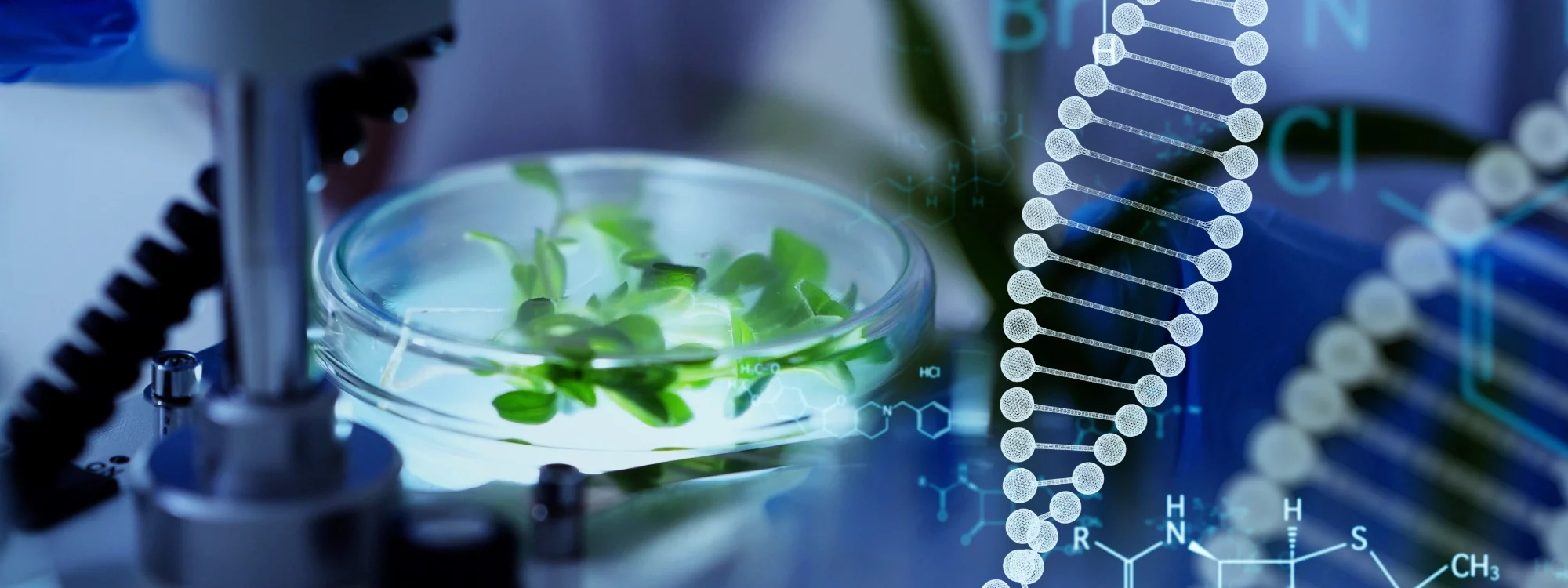Biotechnology is the creation, manipulation, integration, and engineering of molecular organisms to create consumer goods, chemicals, and energy. More commonly utilized within agriculture, food production, and medicinal industries, biotechnology has created a diverse science in the development of gene technology and pharmaceutical therapies.
Biotechnology uses living organisms to process new product developments and solve problems. Within the agricultural industry, biotechnology is utilized to engineer organisms within plants and animals to ultimately maintain desired traits. The use of DNA can assist in can help create pest-resistant crops. Common diseases can be minimized based on gene cloning and testing, resulting in treatment options.
With research and development being the primary source of the biotechnology industry, understanding molecular levels of any living organisms disciplines the knowledge and studies for finding a significant purpose for certain cell management. Overall, improving the quality of life becomes the final goal.
Many hazards sustained to individuals within the biotechnology industry come from bloodborne pathogens and hazardous material exposure. Acute or even long-term exposure to biohazardous and carcinogenic substances are a leading cause of concern for many biotechnology employees. This type of exposure can cause:
Depending on the cell being handled, many organisms pose a severe threat for illness in humans and serious health hazards to the outside population and environment.
Production is another important factor, with many hazards risking the integrity of quality processes. Product integrity can be diminished depending upon raw material exposure, manufacturing control, packaging processes, and environmental control. These factors play a major role in quality inspection.

In order to diminish internal and external hazards and exposure, the proper PPE can assist in maintaining the integrity of products and processes. Minimum PPE requirements for a biotechnology laboratory includes eye, respiratory, and dermal protection. When a clean room is introduced, the PPE required must protect the person, the environment, and the product being created. Cleanrooms have environmental and administrative controls, but mandated PPE can assist in human contamination.
Lakeland CleanMax disposable cleanroom apparel is a great fit for many biotechnology companies and offers all the features listed above. CleanMax disposable cleanroom apparel is easier to don, comfortable to wear, and offers both sterile and non-sterile configurations are clean-manufactured.